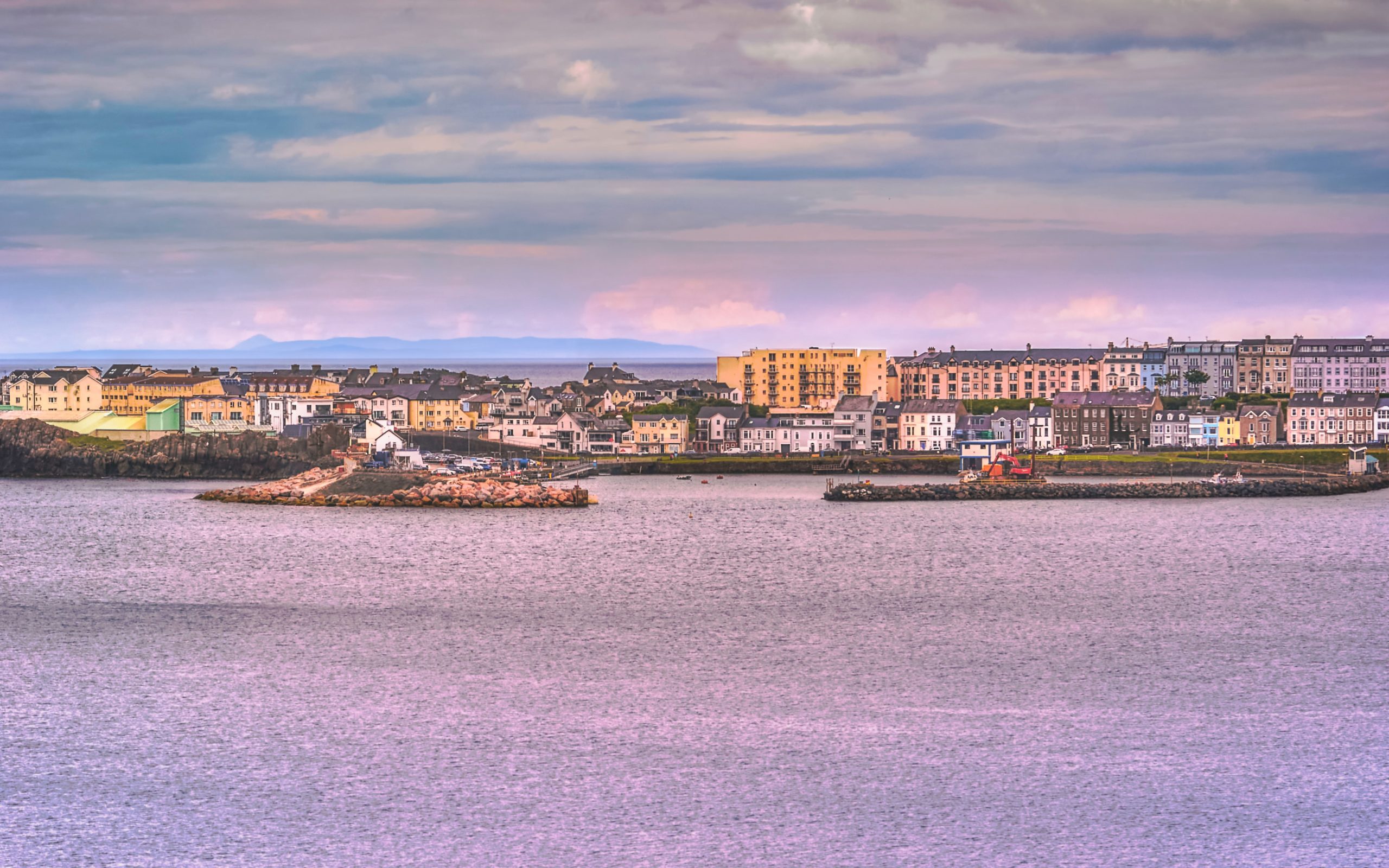The Climate Challenge: What can Ireland learn from the latest IPCC report?

The latest UN climate report believes that there has been a considerable increase in major climate-related events across Europe. The Intergovernmental Panel on Climate Change (IPCC) report states that 3.3 – 3.6 billion people and a high level of species are particularly vulnerable to the impacts of climate change. What can Ireland learn from the latest findings in the IPCC report?
Professor John Sweeney of Maynooth University explains that increased flooding and rainfall are some of the impacts that Ireland will likely experience. The modelling scenarios for Ireland suggest a potential increase in flood events from heavier rain during the winter months, particularly in western Ireland, and accelerated drought problems in the east of Ireland.
Sweeney explains that the report suggests that climate-related issues are increasing faster than expected. Adapting to the impacts of climate change and continuing to reduce greenhouse gas emissions significantly are priorities for all nations, according to the report.
Climate Risks in Europe
The main risks to Europe are water scarcity, flooding, rising sea level and temperature increases, and the associated impacts this could have on communities and crops. Rising sea levels represent a significant threat to coastal communities and their coastal heritage. In terms of natural ecosystems, we have experienced a decline in species and changes in the movement of species to new locations.
The IPCC report does offer some solutions, including storing and reusing water resources, adapting urban planning measures to control heat impact and changing farming and land-use practices. Professor Richard Dawson, the lead author of the IPCC report, said the management of coastal flooding and other climate-related impacts are possible if global temperatures remain within 1.5 degrees Celsius. That is why countries like Ireland, the UK and most of Europe must adapt their coastal infrastructure and focus on mitigating greenhouse gas emissions.
Until we tackle emissions and the world can reach a level of decarbonisation, the potential risks will continue to rise. Professor Sweeney explains that mitigation is the priority and involves every country playing their part to tackle global climate-related issues.
Dr Torney, the co-director of Dublin City Centre for Climate and Society, admits that the latest report isn’t positive but believes it does offer pathways forward and a possible way of responding to the climate challenge we face. Torney explains that adaptation is often viewed as something developing nations need to focus on or a concept that we should consider for the future. The IPCC report indicates that this simply isn’t the case.
The annual review from the Climate Change Advisory Council provided a relatively poor summary on adaptation for the government of Ireland last year but adaptation measures can combine with additional biodiversity restoration and nature-focused solutions. Hopefully, the upcoming biodiversity citizen assembly in Ireland can support future plans.
Micheal Martin of Taoiseach reacted to the IPCC report stating that it was very concerning and highlighted what work was needed to protect the ecosystems of Ireland. The stark findings served as a reminder that Ireland must launch its climate action plan and at the same time prepare for adaptation.
All News
